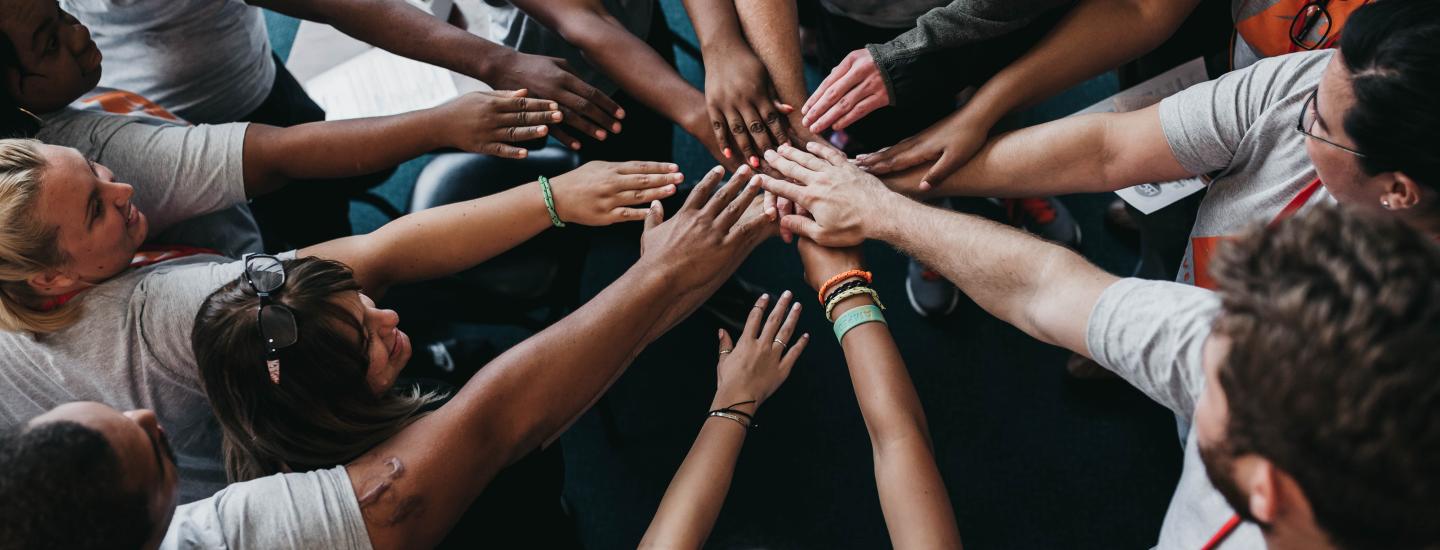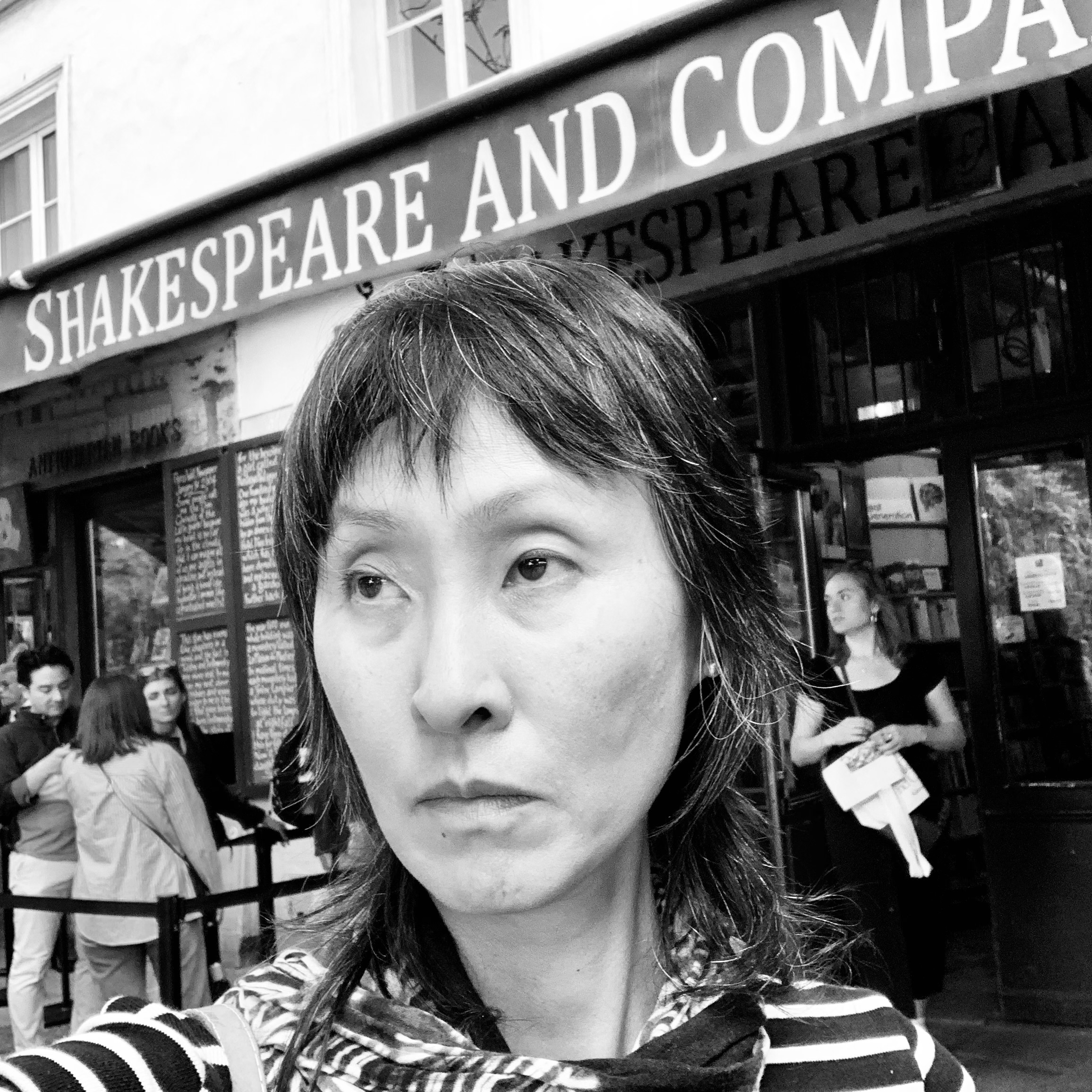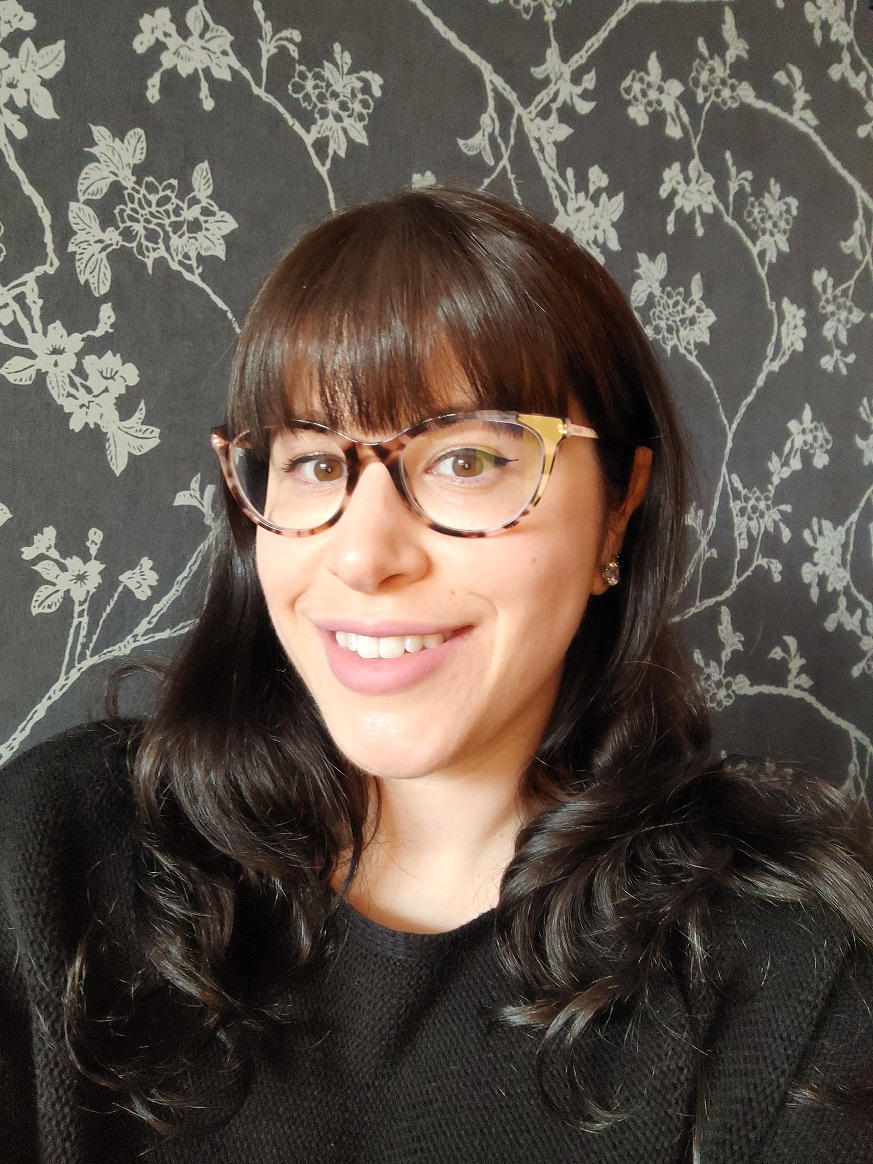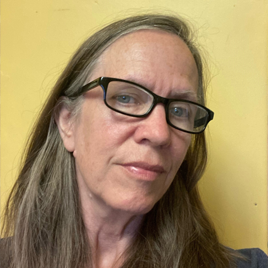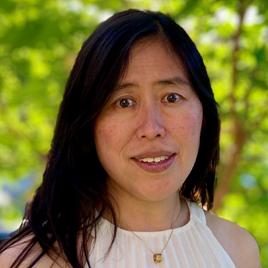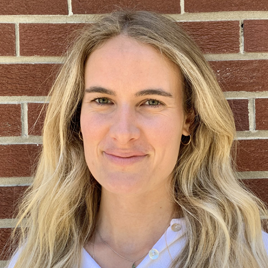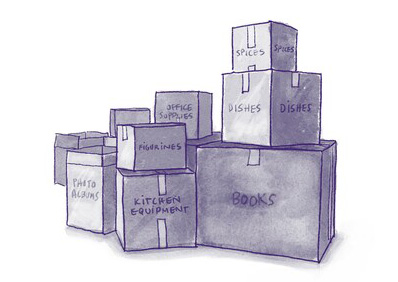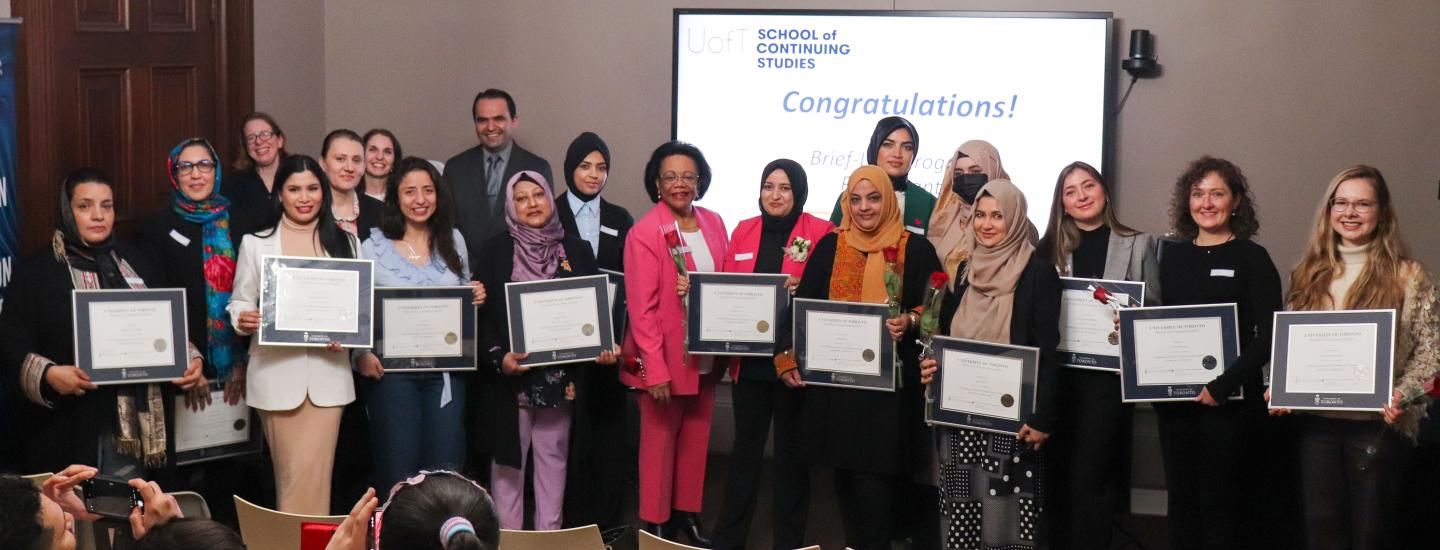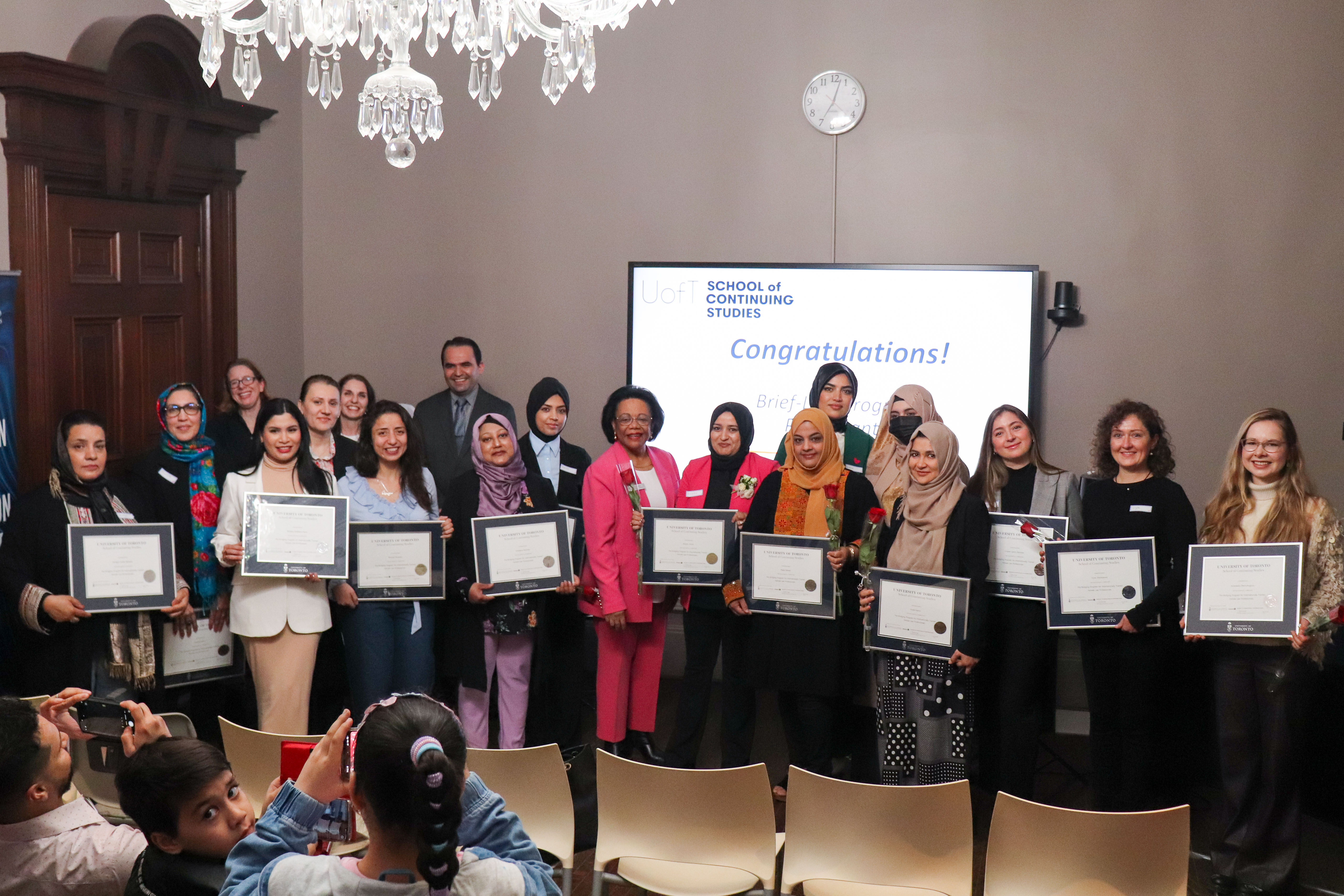
Stay on track to meet your goals with expert motivation and guidance from SCS.
About 80% of people who make New Year’s Resolutions give up on them by mid-February, but that doesn’t need to be the case for you! Here are 10 resolutions SCS can help you keep in 2025.
- Move Your Career Forward – Prepare for and decide on the next bold step in your career with the help of one-on-one coaching, workshops, and free career-focused webinars offered through our Blueprint Career Services.
- Learn a Language – Our language courses and certificates can help you learn or improve your skills in a wide variety of languages, while our popular English Language Program can help you reach your academic, professional, or personal English Language goals.
- Improve Your Cognitive Health - Learning new information and skills can help your brain to keep growing and maintain neuroplasticity, which can help with memory, learning, depression, and can even aid in recovery from strokes or traumatic brain injuries.
- Build a More Fulfilling Social Life – Growing your social circle as an adult can be challenging! We love seeing our learners connect with people who share a common interest with them and build new lifelong friendships.
- Improve Your Project Management Abilities – Project management continues to be an in-demand skill set across sectors. Make 2025 the year you develop this skill set for yourself, or prepare to formalize the skills you already have with a Project Management Institute certification.
- Start Your Memoirs – You’ve got stories to tell. Find your writing community and let our expert creative writing instructors guide you in telling those stories in a clear and compelling way. Not quite ready for memoirs? Check out our wide variety of other writing genres to explore.
- Update Your Marketing Skills – With the explosion of AI technology over the past few years, there has never been a better time to ensure your marketing skills and toolkit are current and competitive. Our expert marketing and communications instructors are passionate about doing just that and about passing on their up-to-date knowledge to help you future-proof your marketing career.
- Become An Effective Leader – Whether you already lead a team or you aspire to take on a leadership role within your organization this year, our leadership program can help you develop the skills and mindset of a great leader.
- Earn A Professional Certification or Designation – You know what your skills and abilities are. Now let potential employers know by earning an in-demand designation to add to your resumé.
Whether you are working towards earning a professional designation or certification, or need to maintain your credential with continuing education requirements, we have partner-recognized courses and certificates to help you succeed on your journey forward. - Embrace AI - If your goal this year is to develop your understanding of AI, our Artificial Intelligence certificate is here to help you explore all modern branches of AI, from deep learning using neural nets to reinforcement learning as well as to understand Canada’s cutting-edge AI marketplace – and where you fit best in 2025.




